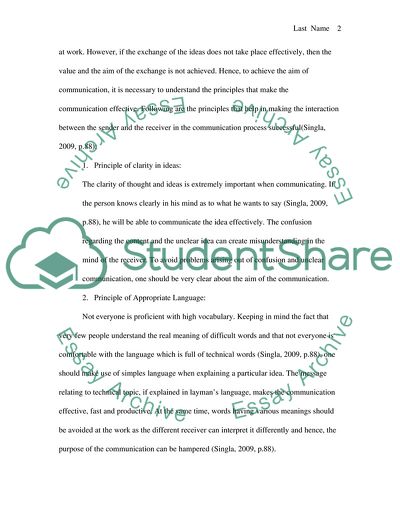Cite this document
(Effective Communication at Work - a Powerful Tool for Professional Suc Essay, n.d.)
Effective Communication at Work - a Powerful Tool for Professional Suc Essay. Retrieved from https://studentshare.org/journalism-communication/1731092-communicating-at-work
Effective Communication at Work - a Powerful Tool for Professional Suc Essay. Retrieved from https://studentshare.org/journalism-communication/1731092-communicating-at-work
(Effective Communication at Work - a Powerful Tool for Professional Suc Essay)
Effective Communication at Work - a Powerful Tool for Professional Suc Essay. https://studentshare.org/journalism-communication/1731092-communicating-at-work.
Effective Communication at Work - a Powerful Tool for Professional Suc Essay. https://studentshare.org/journalism-communication/1731092-communicating-at-work.
“Effective Communication at Work - a Powerful Tool for Professional Suc Essay”, n.d. https://studentshare.org/journalism-communication/1731092-communicating-at-work.


